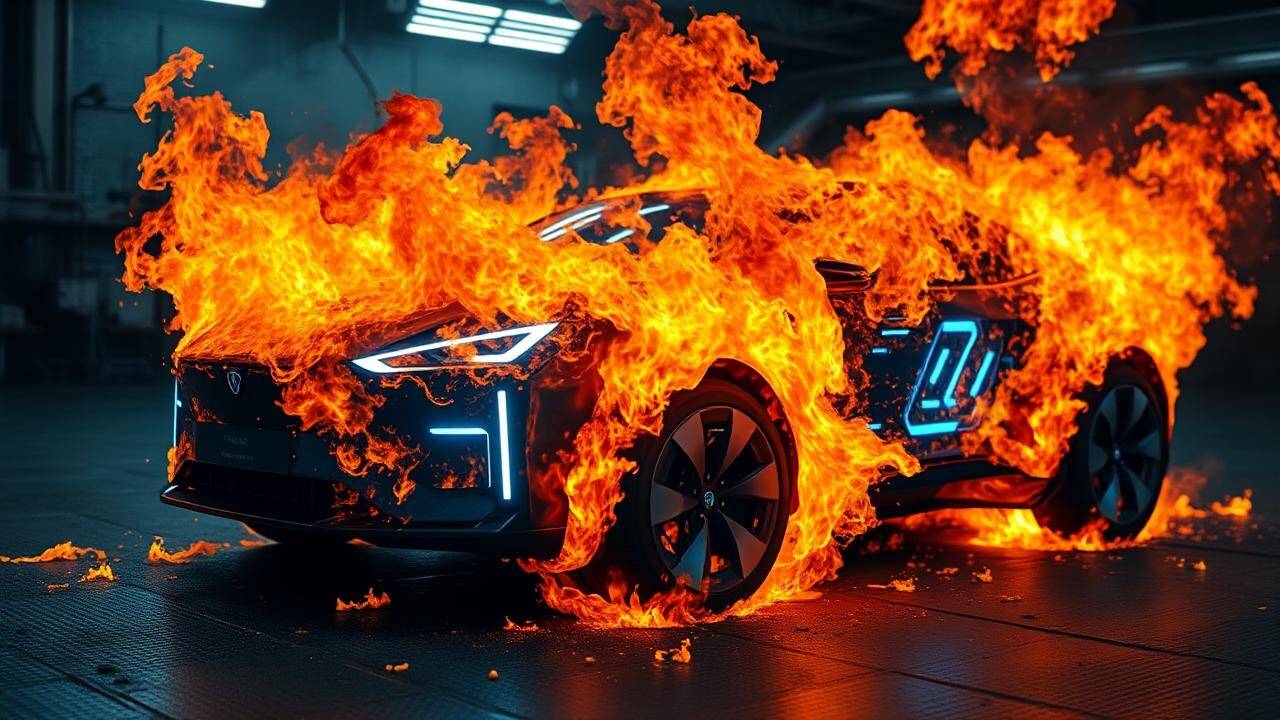EV Safety Explained: Myths and Facts About Electric Car Fires
As electric vehicles become mainstream, one concern that often surfaces is the risk of fire. Viral videos and misinformation have led to widespread fear about EV safety . However, it’s essential to separate myths from facts when it comes to electric car fires .

Myth 1: Electric Cars Catch Fire More Easily
In reality, EVs are less likely to catch fire than traditional vehicles. Research shows that petrol and diesel cars have a much higher fire rate due to flammable fuels, while EVs undergo rigorous battery safety testing before launch.Myth 2: Battery Fires Cannot Be Controlled
While lithium-ion battery fires can be complex, modern EVs include advanced thermal management systems to prevent overheating. Fire departments worldwide are also adapting specific training for EV incidents.You may also like
- "When INDI Alliance and MVA leaders are elected, these people don't raise any issues": Nitesh Rane dismisses Raj Thackeray's allegation against EC
- Sadhguru reveals 1-minute night ritual that naturally cleanses your colon and shields you from serious diseases
- PM Modi witnesses air power demonstration at INS Vikrant, prowess of Indian Navy
- Gujarat CM extends Diwali greetings, pitch for Swadeshi products (Lead)
- Madhya Pradesh CM Mohan Yadav calls for "Swadeshi" approach on Diwali









